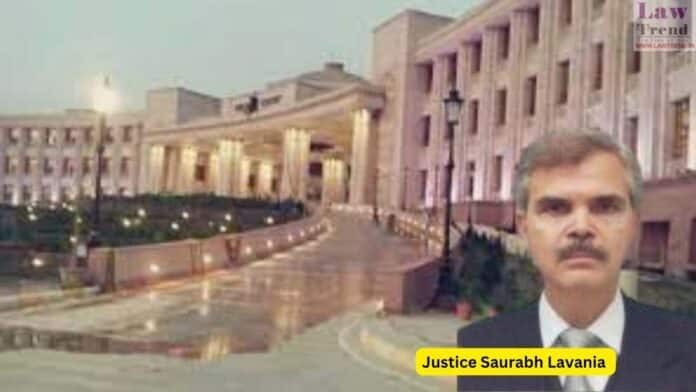Justice Saurabh Lavania of the Allahabad High Court, Lucknow Bench, has recalled an earlier order dated 12 February 2025 that had quashed criminal proceedings against four applicants, after finding that the court was misled by suppression of material facts. The court observed that victims who had refused compromise were deliberately not impleaded, constituting fraud. Costs
To Read More Please Subscribe to VIP Membership for Unlimited Access to All the Articles, Download Available Copies of Judgments/Order, Acess to Central/State Bare Acts, Advertisement Free Content, Access to More than 4000 Legal Drafts( Readymade Editable Formats of Suits, Petitions, Writs, Legal Notices, Divorce Petitions, 138 Notices, Bail Applications etc.) in Hindi and English.




